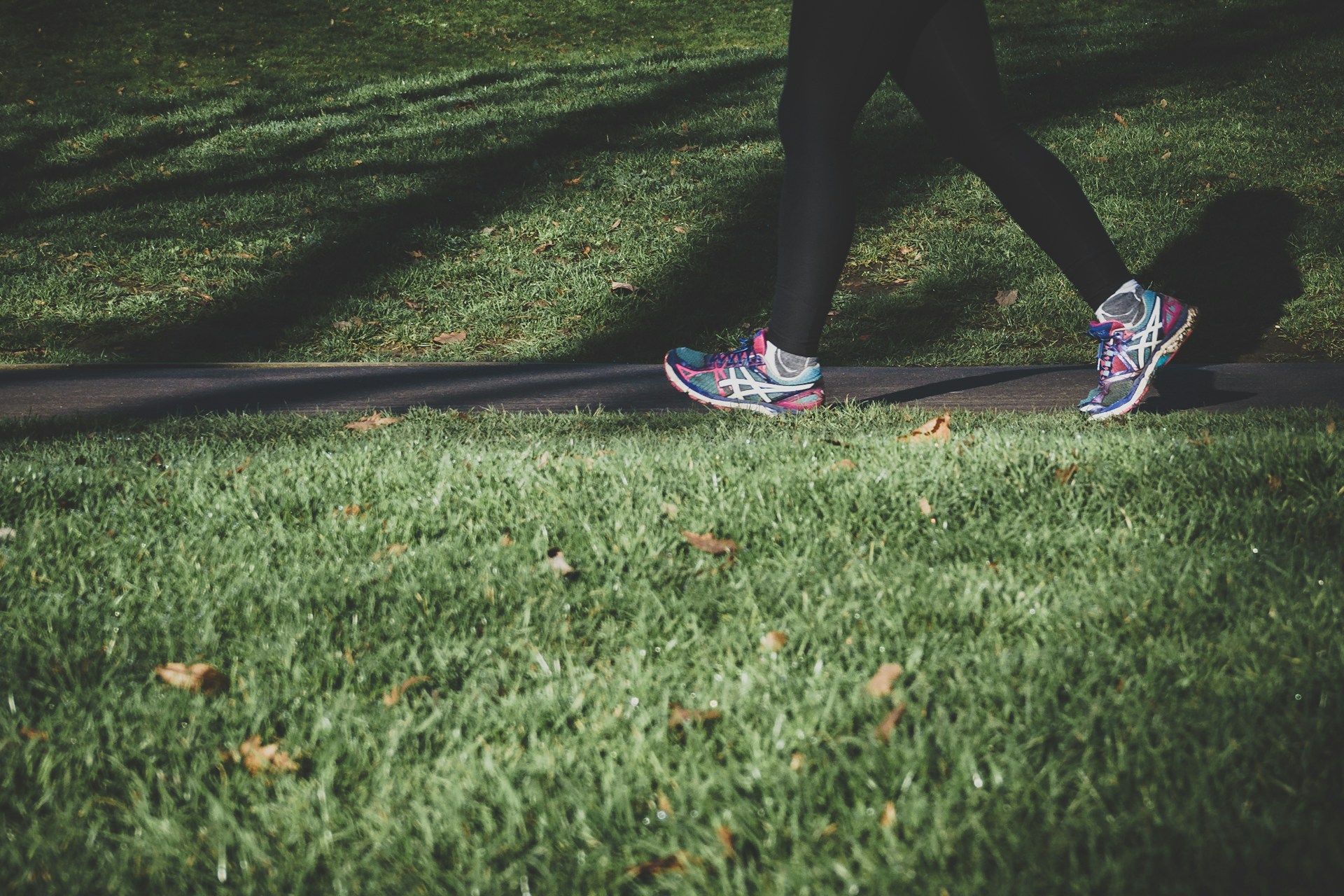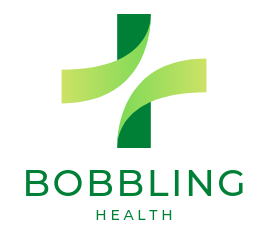Exercise is essential for a healthy lifestyle, offering countless advantages that impact both your body and mind. Whether it’s a daily walk, a fitness class, or an intense workout, physical activity brings immediate and long-term rewards. Below, we explore 10 powerful benefits of exercise that might motivate you to move more and live healthier.
1.Boosts Your Mood and Reduces Stress
One of the most well-known benefits of exercise is its ability to improve your mood. Physical activity triggers the release of endorphins, the “feel-good” hormones in your brain that elevate your mood and reduce feelings of anxiety and depression. Exercise is often recommended as part of a treatment plan for mental health conditions such as depression because it can reduce stress levels, helping you to feel calmer and more relaxed.
Even a 30-minute walk or a quick yoga session can have a profound impact on your mood. Plus, the more consistently you exercise, the better your body becomes at managing stress, offering lasting improvements to your mental health.
2.Supports Weight Management
When it comes to weight management, exercise plays a pivotal role. By burning calories, physical activity helps prevent weight gain or facilitates weight loss when combined with a balanced diet. Whether you prefer running, swimming, or strength training, engaging in regular exercise increases your metabolism, making it easier to control your weight in the long run.
It’s important to note that weight loss doesn’t require extreme workouts. Moderate activities, such as brisk walking or light jogging, can help you stay in shape and prevent excess fat accumulation.
3.Improves Heart Health
Your heart is one of the biggest beneficiaries of regular exercise. The cardiovascular benefits of exercise are immense, as physical activity helps lower blood pressure, reduce bad cholesterol (LDL), and increase good cholesterol (HDL). This combination lowers the risk of heart disease, heart attacks, and strokes, which are leading causes of death globally.
Aerobic exercises, such as cycling, swimming, or dancing, are particularly effective in improving heart health. These activities promote better blood flow, strengthen the heart muscle, and enhance overall cardiovascular endurance, making it easier for your heart to perform its essential functions.
4.Enhances Sleep Quality
If you struggle with insomnia or have difficulty getting enough restful sleep, incorporating exercise into your routine might be the solution you need. Regular physical activity can improve sleep patterns by helping you fall asleep faster and enjoy deeper sleep. Exercise helps regulate your body’s internal clock, or circadian rhythm, making it easier to maintain consistent sleep-wake cycles.
That said, it’s important to avoid high-intensity exercise right before bed, as it can sometimes leave you feeling too energized. Opt for calming activities, such as stretching or yoga, if you prefer to exercise in the evening.
5.Boosts Cognitive Function and Memory
Another one of the incredible benefits of exercise is its impact on brain function. Physical activity enhances memory, improves focus, and stimulates the growth of new brain cells, especially in areas responsible for memory and learning, such as the hippocampus. As a result, exercise can be a valuable tool for improving cognitive performance at any age, particularly as you get older.
Studies suggest that regular exercise may reduce the risk of cognitive decline, such as Alzheimer’s disease and dementia, as well. This brain-boosting effect makes exercise not only beneficial for your body but also for your mind.
6.Strengthens Muscles and Bones
Exercise is essential for maintaining strong muscles and bones, particularly as we age. Strength training and weight-bearing activities—like running, hiking, or lifting weights—encourage muscle growth and improve bone density. These activities help combat the natural decline in muscle mass and bone density that occurs with age, reducing the risk of conditions such as osteoporosis and fractures.
For young people, regular exercise helps in building peak bone mass, laying a strong foundation for healthier bones in the future. For older adults, it can prevent the weakening of bones, which often leads to falls and injuries.
7.Promotes Longevity
Exercise has been shown to add years to your life. By maintaining a consistent exercise routine, you can reduce your risk of chronic diseases, including heart disease, diabetes, and certain cancers. Engaging in physical activity helps prevent obesity, improves cardiovascular health, and boosts your immune system, all of which contribute to a longer, healthier life.
In fact, research has found that people who exercise regularly tend to live longer than those who lead a sedentary lifestyle. Even moderate exercise, such as walking or light aerobics, can extend your lifespan by preventing disease and maintaining your physical well-being.
8.Increases Energy Levels
One of the less obvious benefits of exercise is its ability to increase your energy levels. By improving cardiovascular efficiency and enhancing the oxygen flow to your muscles, exercise makes your body more efficient at producing and using energy. As a result, you’ll feel less fatigued during the day and more energized to complete daily tasks.
Additionally, exercise can improve your stamina and endurance, allowing you to perform physical activities with less effort over time. Whether you’re running errands or tackling a busy workday, regular physical activity helps you stay energized and productive.
9.Supports Mental Health and Self-Esteem
It also offers a healthy outlet for managing emotions like frustration or anger. The act of moving your body provides a release for pent-up energy and tension, improving your emotional well-being and giving you a more positive outlook on life.
10.Improves Immune System Function
In addition to improving mood, regular exercise can significantly boost self-esteem and body image. When you set and achieve fitness goals, you gain a sense of accomplishment, which contributes to higher self-confidence. Exercise can help you feel more in control of your health, offering a sense of empowerment.
Last but not least, one of the significant benefits of exercise is its ability to boost your immune system. Physical activity helps flush bacteria out of your lungs, reducing your chances of catching a cold or flu. It also promotes the circulation of white blood cells, which are key to fighting off infections.
However, it’s crucial to strike a balance. Over-exercising can actually suppress the immune system, leaving you more vulnerable to illness. Regular, moderate exercise is ideal for keeping your immune system strong without overtaxing it.
Conclusion
Exercise is a powerful tool for improving your physical, mental, and emotional health. From reducing stress to boosting energy and longevity, the benefits of exercise are too great to ignore. Whether you’re aiming to manage your weight, improve your mood, or enhance your immune system, physical activity offers life-changing rewards. The more you move, the better you’ll feel, so start incorporating regular exercise into your routine and experience the many benefits of exercise for yourself.



